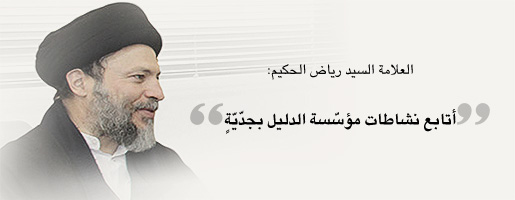
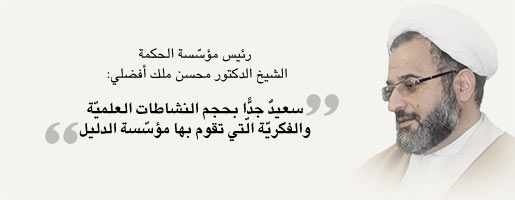
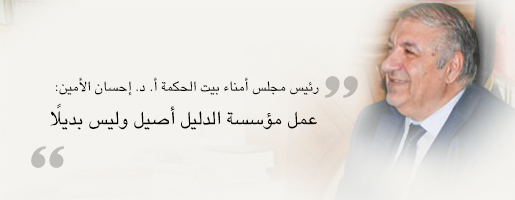
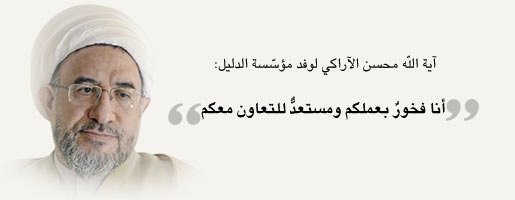
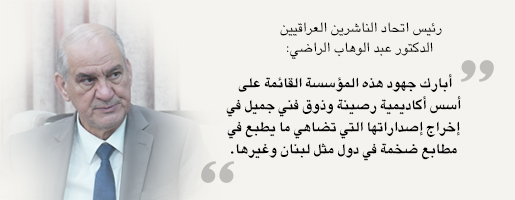
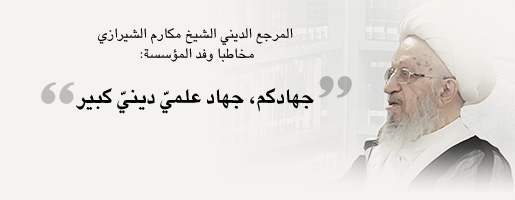
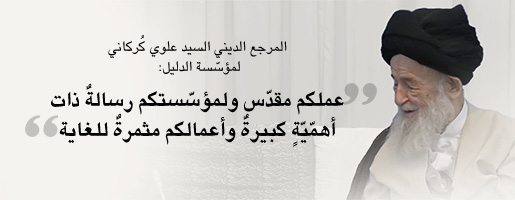
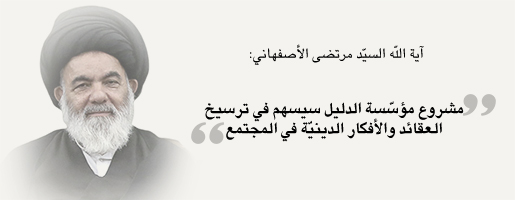
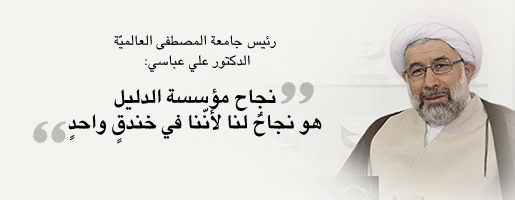
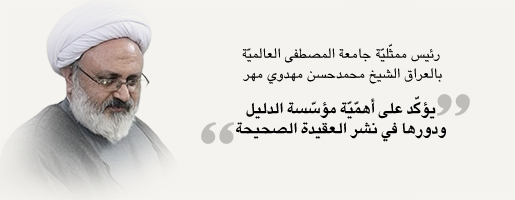
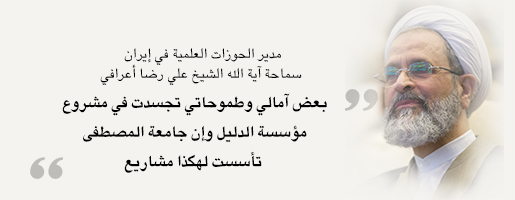
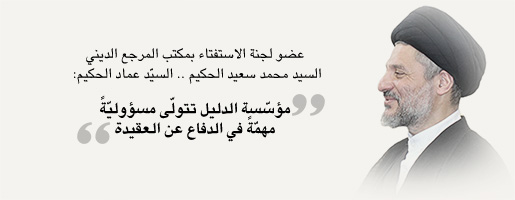
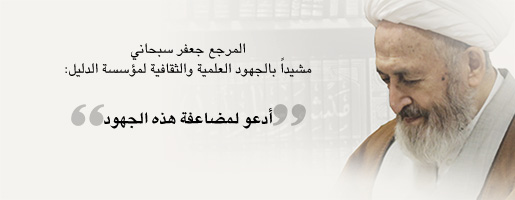
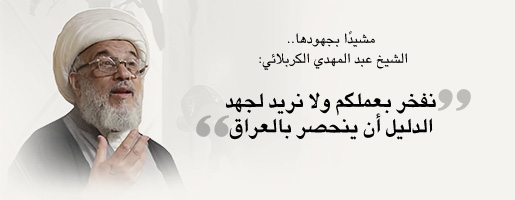
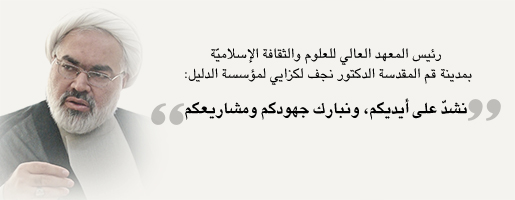
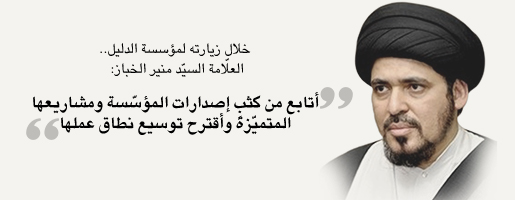
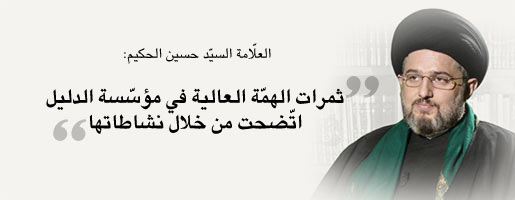
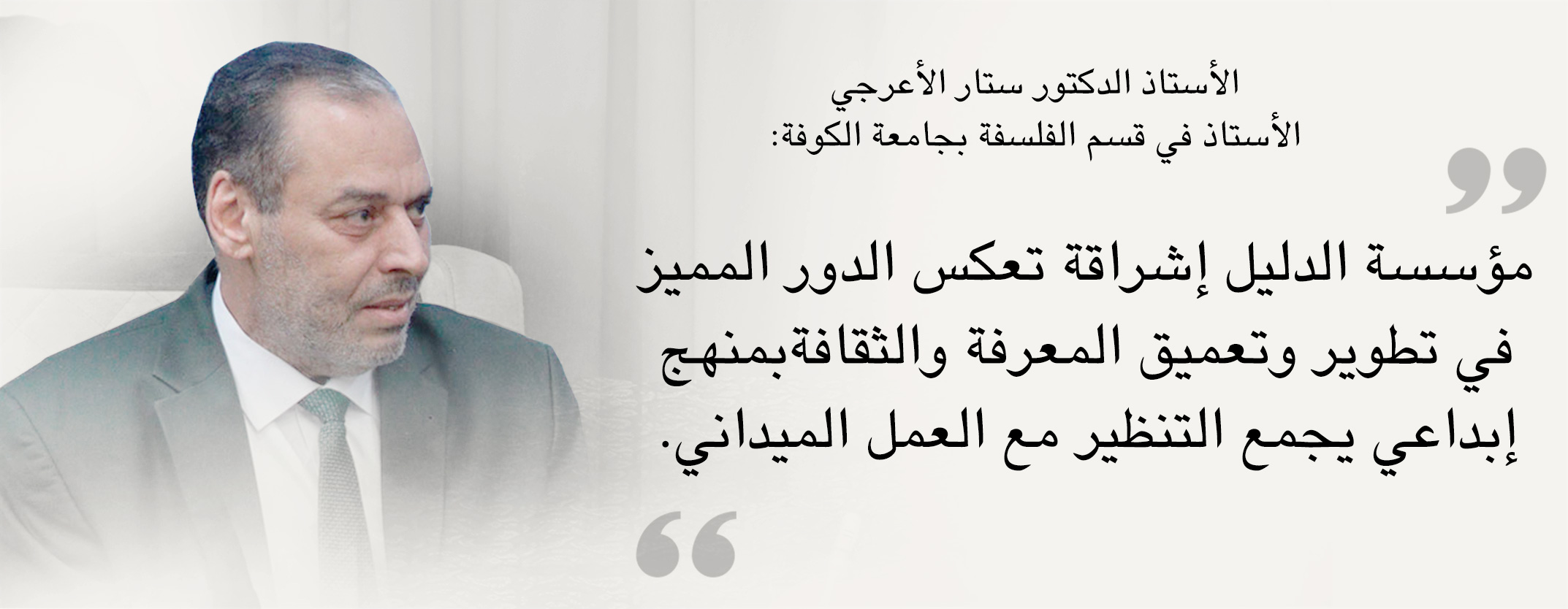
Monsef al-Hamedi
Summary
Some periods in the history of Islam witnessed a semi-rupture between religious thought and reason, resulted from the absence of philosophical and rational approaches that let the way wide open for the predominance of theological thought with its justificatory tendency. Despite the appearance of new rationalistic aspects in the form of new I’tizal (seclusionism) tendencies, they were not sufficient to bridge the rift between reason and religion, and the best example on the new I’tizal is Taha Abdurrahman, who combined logic with linguistics on the one hand, and heritage (turath) with modern studies n the other, through a critical study of heritage, using the latest tools of scientific criticism, due to his specialization in the studies of philosophy of religion beside his writing on the reason-religion duality. We try, in this article, to discuss the opinions of Taha Abdurrahman in the process of his analysis of the concept of reason and its role in religious knowledge. One of the most important results we have got at is that Taha Abdurrahman, concerning reason and its area, focuses on the framework of practical practice and the use of reason, not on theoretical and subjective limits of abstract reason. It means that all of what he has mentioned relates to the thinker not thinking, and relates to the rational person and the process of reasoning, not to reason itself, and the difference between them is so vast.
